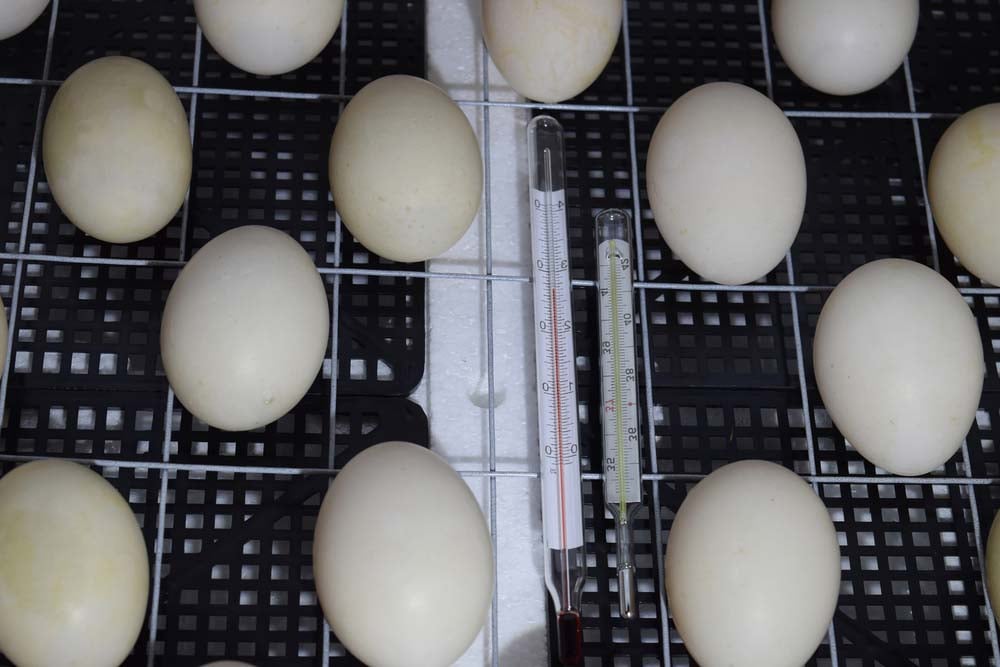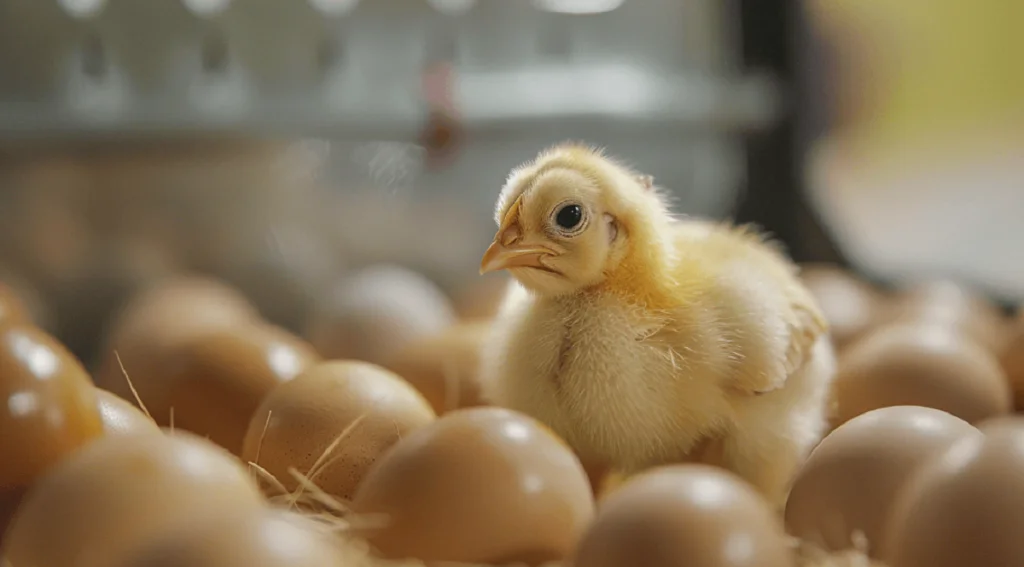As a chicken enthusiast, understanding how often to candle eggs is crucial in ensuring successful hatching. Candling is a process that helps you monitor the development of embryos inside the eggs. By doing so, you can identify which eggs are fertile and progressing well. This practice is not just about curiosityit’s about maximizing the chances of a successful hatch.

What is Egg Candling?
Egg candling involves shining a bright light through an egg to observe its contents. This technique allows you to see the developing embryo and the air cell inside. It’s a non-invasive way to check the progress without opening the egg. This process is essential for anyone looking to improve their hatching rates.
Why is Candling Important?
The importance of candling eggs cannot be overstated. By regularly checking your eggs, you can remove those that are not developing, which helps in maintaining optimal conditions for the remaining viable eggs. Additionally, candling helps in predicting hatching times, allowing you to prepare accordingly.
When to Candle Eggs?
Knowing when to candle eggs is key to ensuring you don’t disturb the developing embryo unnecessarily. The most recommended times to candle are:
- Day 7: At this stage, you can identify fertile eggs as you will see a network of blood vessels.
- Day 14: By now, the embryo should be more developed, and you can see movement inside the egg.
- Day 18: This is the final candling before lockdown. By this time, the egg should be nearly filled with the developing chick.
Its essential to handle the eggs gently during candling to avoid any damage to the developing embryo.
Tools and Techniques for Candling
For effective candling, you’ll need a bright light source. Many use a specialized candler, but a strong flashlight can work as well. The technique involves holding the egg to the light source in a dark room to observe the interior. Make sure to rotate the egg slowly to get a full view of its contents.
Choosing the Right Candler
Choosing the right candler is crucial for effective observation. While some may prefer professional candlers available in the market, others might opt for homemade solutions. The key is ensuring that the light is strong enough to penetrate the shell without causing any harm.
Steps for Successful Candling
- Prepare a dark room to enhance visibility.
- Gently pick up the egg, ensuring hands are clean to prevent contamination.
- Hold the egg over the light source and observe.
- Look for signs of development such as veins, embryo movement, and the air cell.
- Mark the egg if needed for future reference.
Common Issues During Candling
While candling, you may encounter certain issues such as:
- Clear eggs: Indicating infertility or early death.
- Blood rings: A sign of embryo death.
- Cracks: These eggs are at risk of bacterial contamination and should be discarded.
Knowing these signs helps in decision-making regarding which eggs to keep and which to discard.
Improving Hatch Rates with Candling
Improving hatch rates involves not only knowing when and how to candle but also understanding the conditions in which the eggs are kept. Proper temperature and humidity play a significant role in the development of the embryo. Ensure your incubator is set to the right parameters for optimal results.

Frequently Asked Questions
How do I know if an egg is fertile during candling?
By day 7, look for a network of blood vessels and a developing embryo inside the egg. This indicates fertility.
Can I candle eggs too often?
Yes, excessive handling can disturb the embryo. Stick to the recommended days for candling to minimize disruption.
What should I do if I find a cracked egg?
If you find a cracked egg, its best to remove it from the incubator to prevent contamination.
For more information on egg incubation, you can visit Farmbrite’s guide on incubating chicken eggs.
Additionally, you can check out some helpful resources on maintaining your chickens’ environment, such as naturally cleaning your chicken coop and using herbs to prevent molting stress.
This article contains affiliate links. We may earn a commission at no extra cost to you.











